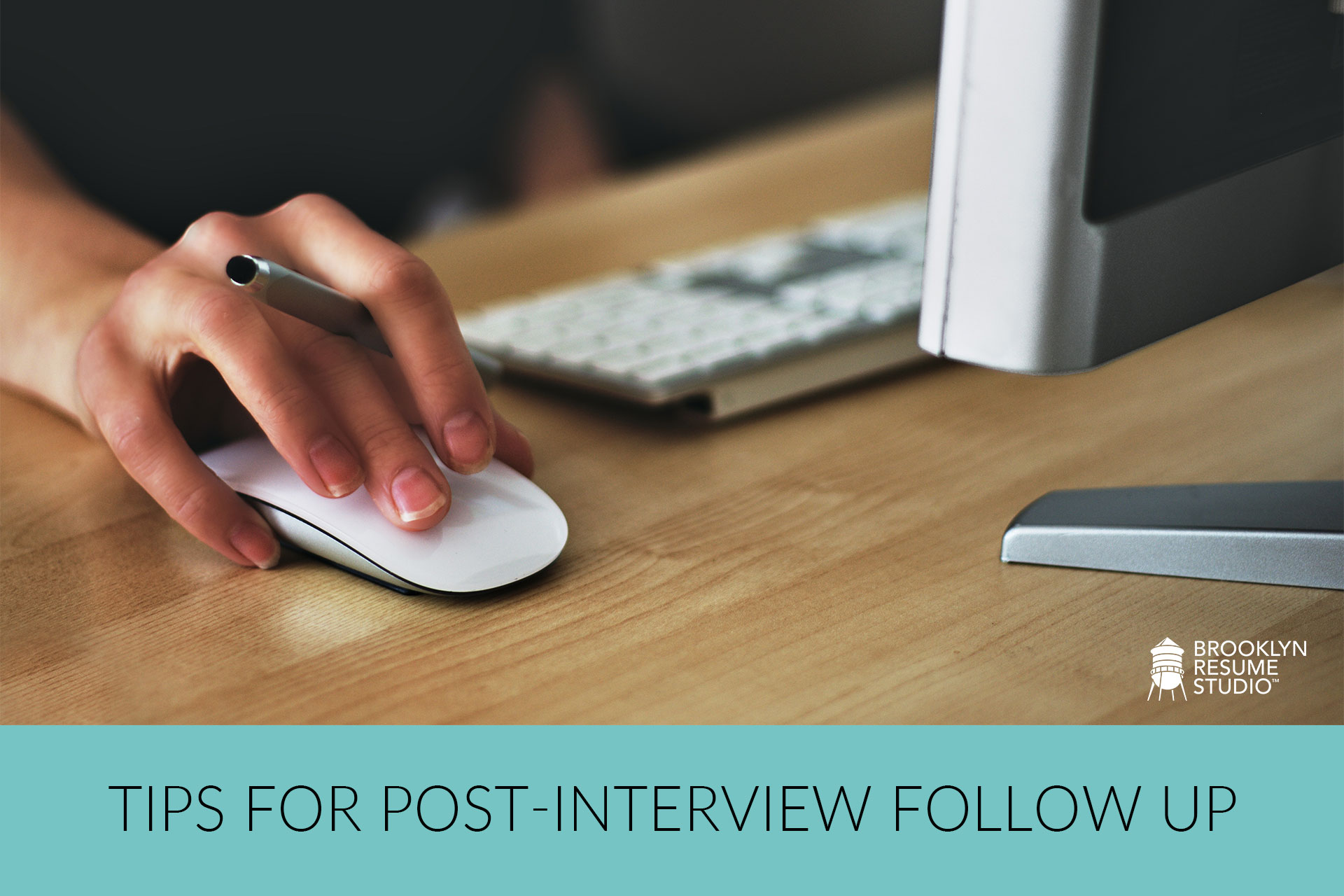
Q: How long should I wait to follow up with a potential employer after a job interview?
A: You’ve just aced the interview. Whether a phone conversation or an in-person meeting, your immediate priority should be to follow up on a job interview with a thank you letter to the interviewer(s) thanking them for their time, and also reaffirming your interest in and qualifications for the role. And then, you wait and see, eagerly monitoring your inbox and phone for a return response initiating next steps.
How soon is too soon to follow up on the interview?
Best case scenario: You complete the interview and the hiring manager gives you somewhat of a definitive timeline of when you can expect to hear from them – “by next Monday” or “we’ll be done interviewing by the 15th” – allowing you a metric by which to gauge your follow up response.
In most cases, however, you’ll receive a more vague cliff-hanger response along the lines of, “It was great meeting you – we’ll be in touch shortly,” or “I’ll circle back after I discuss your resume with the team”. This type of generalized response doesn’t necessarily mean that you’re out of the running, just that you’ll have to work a little harder to gauge the timeline of the process.
General rules of thumb to follow up after a job interview:
- If a timeline is given, be sure to respect that timeline. If the timeline approaches and you still haven’t heard back, give them a 1-2 day buffer to still reach out to you. Plenty of hurdles come up, including administrative hold-ups, or unexpected absences.
- If no timeline or sense of next steps is given upon exiting the interview, allow at least 4-5 business days (a week) before following up, as it’s likely that they are interviewing additional candidates and haven’t yet made a decision. Over-eagerness bordering on impatience will not do anything positive for your chances.
- Normally, if a candidate is being strongly considered, it’s likely that the hiring manager will provide you with some expectation of the next steps and when you can expect to hear from them. However, it doesn’t always work that way. If no timeline is given, but you’re left with a distinct impression that they want to move forward, or extend an offer, again, allow roughly 4-5 business days before following up.
- Remember that HR managers and recruiters don’t always have answers, as they’re subject to the approval of upper-level decision-makers. Particularly if you are aggressively approaching your job search, or actively interviewing, give yourself a timeline of when you will pull the figurative cord on the opportunity in the interest of not missing out on other potential interviews or offers. Positive feedback is never definite – anything can happen between the time you walk out the door and the offer letter.
In each case, the point of a follow up is twofold: it’s an opportunity for you to reaffirm your interest in the role and why you feel you’re a strong fit, and also to maintain a presence on their radar as they’re moving through the hiring process. Try this:
Hi Dana –
Thank you again for your time on Tuesday. I want to reaffirm my enthusiasm in being considered for the role, and confidence in my ability to bring a lot of value to the team. I look forward to next steps – is there any additional information I can provide on my end to help move the process forward?
Thank You,
Matt Smith
Ending the outreach on a question gives them an extra push to respond to you, versus a “simply checking in” letter.
The key here is to be slightly aggressive, but in a tactful way that respects the fact that the hiring manager, no matter how swiftly a response they may have promised you, is a busy person likely handling multiple job openings, and many factors outside of their control can arise and inadvertently slow down the process.
What’s Next?
A solid resume is the key to landing the job interview. Check out our suite of resume writing services and branded job search services to help you get noticed and get hired.
